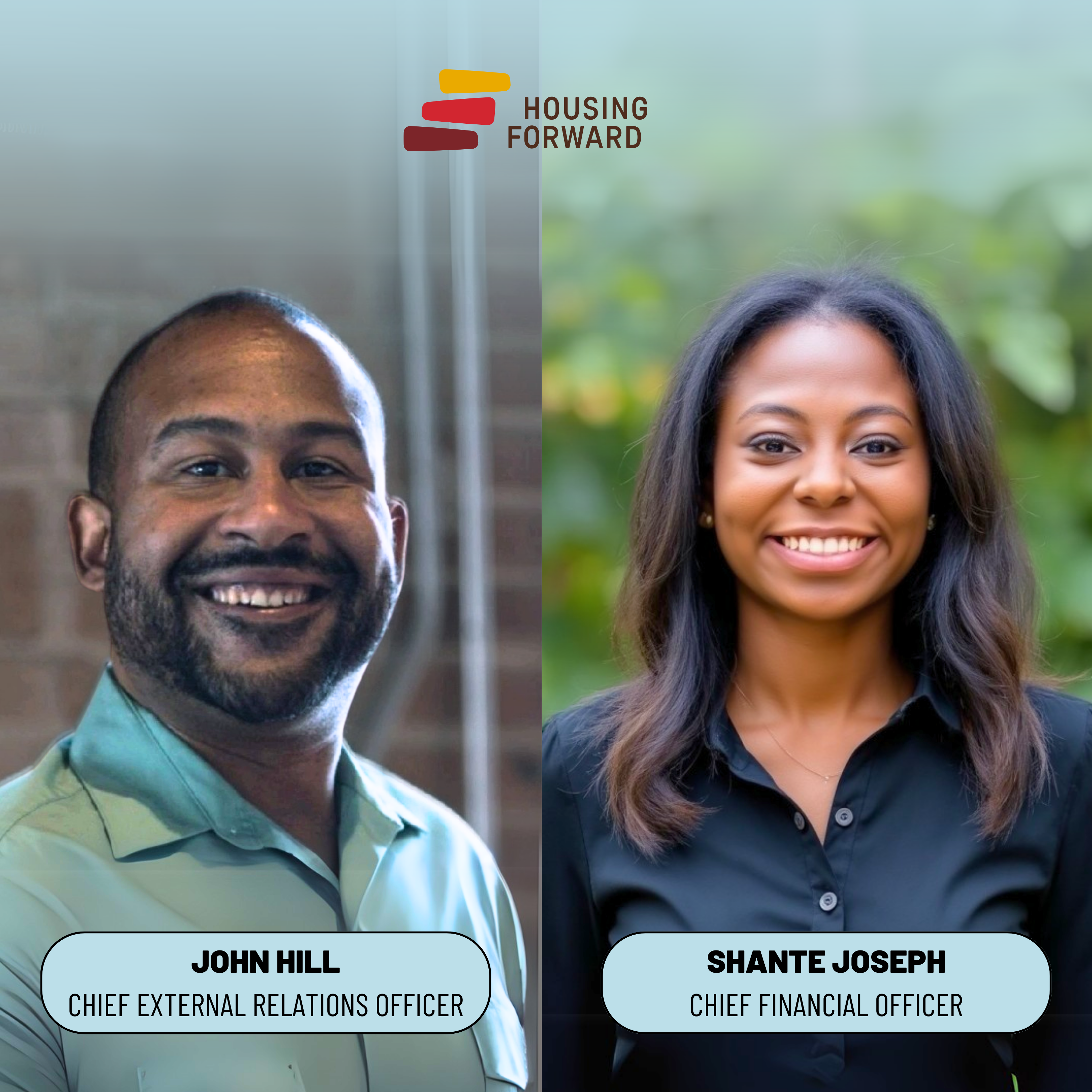In this blog series, we will discuss how, for the last six years, we have been and continue to put theory – that ending homelessness in Dallas is possible – into practice – and putting Dallas on a path to end homelessness.
The Metro Dallas Homeless Alliance (MDHA) leads the development of an effective homeless response system that will make the experience of homelessness in Dallas and Collin Counties rare, brief, and non-recurring. MDHA brings together more than 85 shelter, housing and supportive services programs in retooling homeless services into a crisis response system.
MDHA’s mission rests on the 2009 Homeless Emergency Assistance and Rapid Transition to Housing (HEARTH) Act, and Home, Together, the national strategic plan to end homelessness, established under the Act.
MDHA has five main statutory roles:
- Facilitate $17 million of Federal Continuum of Care (CoC) funding annually, for homeless services programs;
- Administer the Homeless Management Information System (HMIS), a community-wide database, that drives improvement of homeless services programs, serving about 17,000 persons;
- Maintain a count of persons experiencing homelessness;
- Maintain an inventory of housing and shelter beds for the homeless and formerly homeless;
- Develop and quarterback an effective unified homeless response system, where all homeless services programs work together to make homelessness rare, brief and nonrecurring.

The pictures illustrating the posts in this series were taken by award winning Fort Worth-based photographer and homeless advocate, B.J. Lacasse, and are shared with the permission of our homeless friends
Over the course of 2015-2017, MDHA focused on building the necessary components of an effective unified homeless response system. In mid-2017, MDHA shifted its focus to utilizing the system to better house people quickly and permanently, while working with experts and innovators to continue to improve it. At the end of 2018, the MDHA Board of Directors appointed Carl Falconer, a Florida-based renowned expert in the arena of ending homelessness, as MDHA’s President and CEO.
In 2019, Falconer released the D-ONE Plan, which was created by MDHA, in consultation with a broad array of community stakeholders, by synthesizing ideas and priorities from several previous strategic plans, and MDHA began to reverse the tide of annual increases of homelessness in Dallas and Collin Counties. The D-ONE Plan continues to guide the work of the homeless response system in 2020-2021.
In the shadow of COVID-19, MDHA and its partners have accelerated their efforts to end homelessness, not only for the sake of those experiencing homelessness, but for the health and safety of the entire community. The urgency of our task has never been more evident, and the time to act is now.
Dallas’ homeless response system is already reeling, and a tsunami of need may be just around the corner. MDHA’s work will increase exponentially, as it works with its partners to not only continue to work towards ending homelessness but prevent others from falling into it. It will be directly facilitating the distribution of more than $9 million of state Emergency Solutions Grants (ESG), funded through the Coronavirus Aid, Relief, and Economic Security (CARES) Act of 2020, as well as advising local governments on how to distribute what we estimate will be their own $26 million of ESG and $74 million of other streams of HUD funding, in a way that maximizes the impact of all of these Federal dollars. MDHA will be doing this work, in addition to all its regular work, without a commensurate increase in its own Federal funding.





